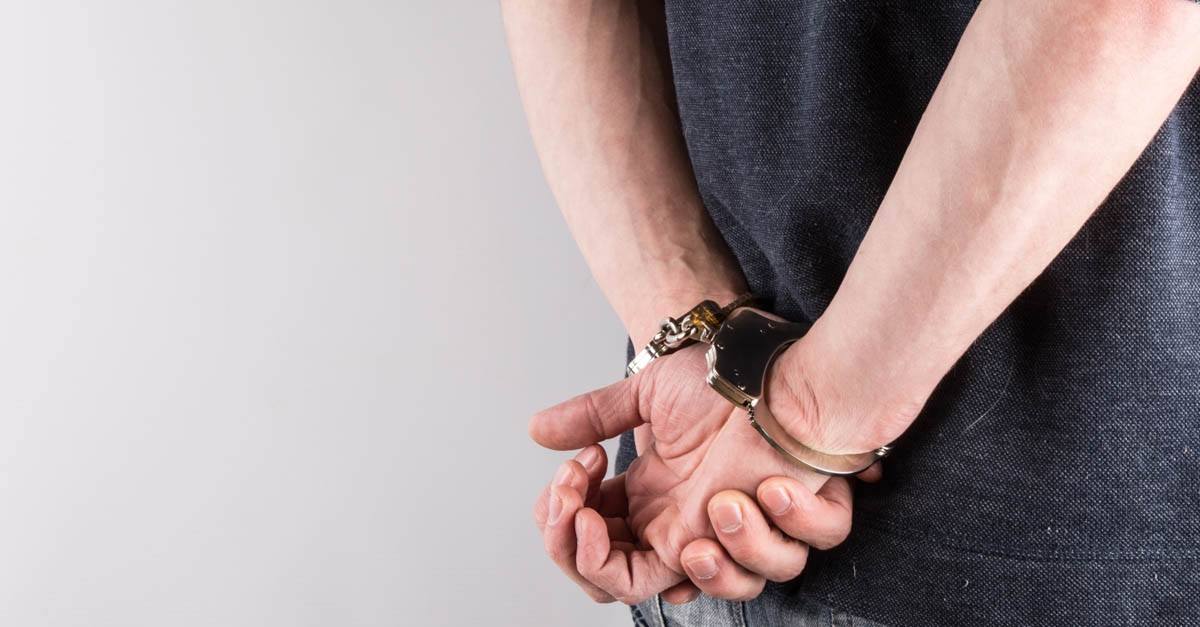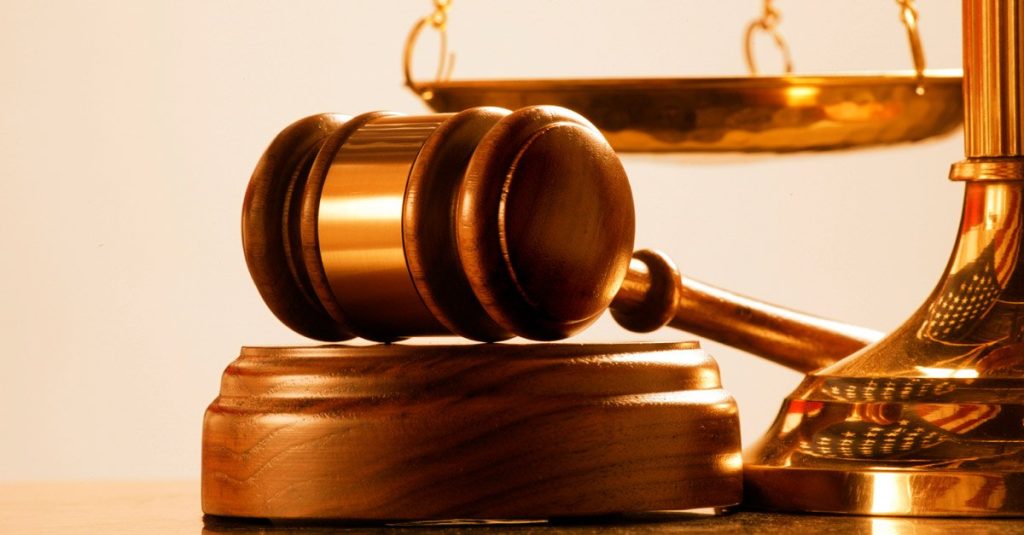Confessions and false statements in criminal proceedings

The article 406 of the still valid Criminal Procedure Law (RD September 14, 1882), contains an important guarantee regarding the main objective of the Criminal Law: “search for the Real Truth”…and with that end prescribes:
“The defendant’s confession will not> dispense the Investigating Judge from carrying out all the necessary steps in order to acquire the conviction of the truth of the confession and of the existence of the crime”
All the Lawyers who have practiced in criminal jurisdiction long enough –- and without having to resort to “Crime in Cuenca”– we are aware of cases in which, for very different reasons, false and fraudulent confessions…And I am not saying that in other non-criminal jurisdictions they do not also occur, although, of course, with different consequences in the absence of personal punishment…
As already pointed out by Prof. Alcalá-Zamora Castillo(cfr. “The Raid in the Criminal Process”, Buenos Aires, 1972) , <no> we must confuse the criminal confession (art. 688 to 700 LEcrim.) with conformity (art. 655 LEcrim.). Of course, the “criminal compliance” <no> he must be taken as a confession.
And what is “Criminal Search”?
It is an act of disposition by the Defendant, waiving his rights of defensequieting the activity of his defender and his personal in the process and that, in the opposite sense, it can be similar to the withdrawal of the accusation and request for dismissal by the Public Prosecutor.
Now, as Prof. Rafael De Pina pointed out (cfr. Manual of Criminal Procedure Law, Madrid, 1934),
“the defendant’s confession is an act contrary to human nature”and, therefore, must be seriously investigated to arrive at the true nature of its origin (physical coercion and/or or moral, fears and fears of a diverse nature, including religions and creeds and cults, intellectual affectations and rational thought, concealment and exoneration of guilt of others, profit, etc.).
Before we are reminded by versed jurists, we know that the so-called “confession” or “regina probatio” must have judicial consideration of limited value , never decisive by itself, and that, of itself, as we have previously indicated under the protection of art. 406 LEcrim., <no> frees the judge from the duty to investigate the facts in depth and in a contradictory manner, despite that old and well-known adage proper to inquisitorial law that said “a confession by a party, relief of evidence” … proclaiming the much desired habemus reum confidentem …
Notwithstanding the foregoing, no one with a practical procedural sense will deny that the confession, in any of its possible instances, including the initial one at police headquarters, it constitutes, at the very least, a powerful “indication” of guilt since, reasonably, no one accepts to assume criminal responsibility that they do not have: jactare suum nemo praesumitur. There are many criminal sentences convictions that have been fundamentally based on the defendant’s own self-incriminating statement… Thus the TS (Non-jurisdictional Plenary Session of the 2ª) dated June 3, 2015 “inter alia” said:
“…when the objective data contained in the <self-incrimination> are accredited as true by true means of proof, knowledge of those data…can constitute a factual basis for legitimate and logical inferences.”
As an example of wrong convictions produced as a consequence of false accusatory statements other people’s, we have, among others, the SS of the Supreme Court (2nd Room) issued in Extraordinary Appeals for Review: Oct. 28, 2002; March 6, 2006; May 25, 2006; March 22, 2012, etc…
Due to its special and important nature, I want to highlight the STS (2nd) of July 23, 2003 (EDJ 2003/110593), that with the support of the MF <esteem> the Review of the previous criminal sentence when verifying that:
“in the previous oral trial for drug trafficking crimes with significant prison sentences, the Civil Guard who declared as a witness, he behaved despicably omissively insofar as he kept silent about extremes favorable to the defendants which in all probability would have led to two separate pronouncementsacquittal”.
“The Champion”,the official magazine of the “National Association of Criminal Defense Lawyers (NACDL)”of USA In its issue corresponding to June 2020, it publishes an extensive and very elaborate article on the methods for “Attacking the False Confessions” (“Attacking the False Confession”), signed by the “Criminal Trial Defense Lawyers” Rebecca Brown, Michelle Feldman, Nigel Quiroz and Marguerite Sacerdote.
This interesting article highlights how coercive police interrogation techniques lead more frequently than desired to falsely tainted confessions, and strongly recommends legislative adoption as a means of sanitation (1) the recording of the interrogations both by sound and video, and (2) the limitation of interrogation time to a maximum of 4 hours.
The “US National Registry of Exonerations”(“NRE”) has reported 12% of “false confessions” out of a total of 2,400 cases analyzed in the database data. 70% corresponded to homicides, 69% to people suffering from mental illnesses or disorders, and 36% were under 18 years of age… Many of these cases involved individuals from marginalized social groups who for years suffered prison sentences for < /em>crimes they had not committed…
We, for our part, based on our American experience, would also recommend that Lawyers from there and here NOT push their Clients excessively and hastily for mere reasons of haste and convenience, to accept an agreement of “Conformity” with the MF and accusations when the Client himself insistently reiterates his “Innocence”…
Gustavo López-Muñoz and larraz
Director of the Criminal Law Department JL Casajuana Abogados
09/24/2020



















